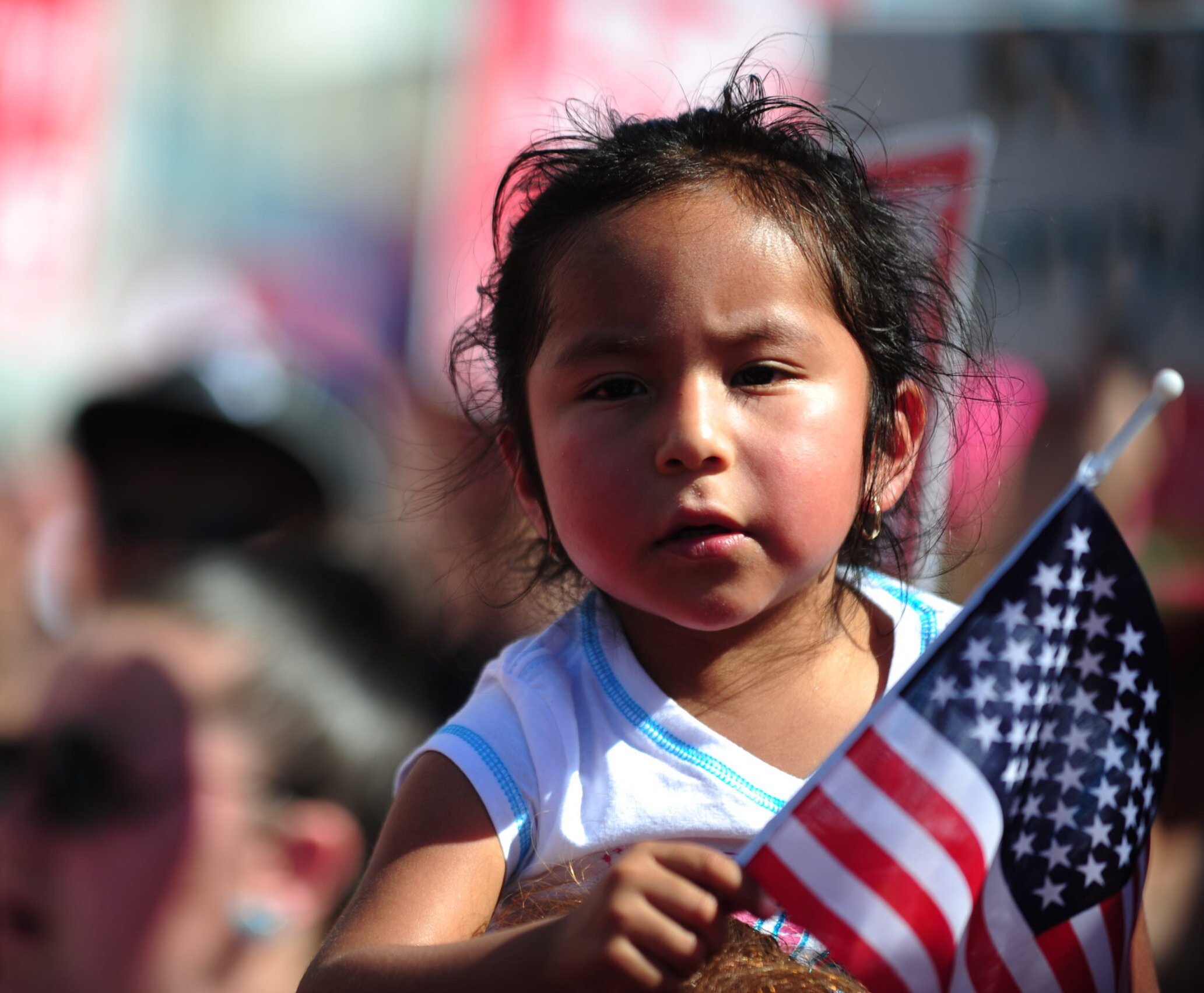ustxtxb_obs_1991_01_25_50_00015-00000_000.pdf
Page 7
/MAN POGUE TCLU attorney Jay Brim and CWA attorney David Van Os The Battle Resumes Despite these tensions, after the initial request for his resignation in mid-May, Harrington agreed to enter mediation of the feud with Smith and the board. The parties agreed that Harrington would write a followup letter to the recipients of Rebecca’s May 22 letter, explaining that the executive committee fully supported recognizing the collective bargaining unit. Harrington, however, drafted a cover note to the second letter, which he claimed stated that he was writing the letter as part of a mediation agreement. The board members interpreted the note as implying that the accompan’ing letter was written under duress. The quarrel over the letters destroyed the fragile truce between the board and its legal director. Harrington was furious that the cover note had been discovered by Margaret Walker during a “surreptitious search,” of his office. \(Walker says she was looking for something were equally angry at what they saw as Harrington’s disavowal of the letter he had agreed to write. \(The letters were eventually mailed without the cover note, but the episode was one of the reasons cited by board The civil war within the Civil Liberties Union reached its climax at an executive committee meeting held in Austin on September 15, and, as Harrington tells it, in the almost comically awkward fashion which had characterized the board’s actions all along. Harrington said he had no idea he was in trouble, and had planned to take his children camping that weekend. When Smith called and told Harrington his job was in jeopardy, Harrington then went to the meeting, where he was fired. Later that day Straus went to Harrington’s Austin home and told him the board had reconsidered; Harrington would be suspended with pay, and the committee would recommend to the full board that he be fired for insubordination, incompetence and conduct detrimental to the organization an accusation that would later be partly retracted. Harrington threatened to seek an injunction to halt his dismissal, but after an all-night negotiating session on Saturday, September 22, the parties negotiated what then seemed to be a civil solution to an uncivil fracas. The following morning, at the TCLU’s special called Austin board meeting, the settlement was announced. The war didn’t end there. Harrington quarreled with some board members as they left the meeting. There followed a series of accusations and counter-accusations, culminating in a lawsuit filed by CWA October 19 to compel the TCLU to comply with its obligations under the settlement. The story here gets bogged down in ugly recriminations, which are difficult, and probably pointless, to sort out. \(Each side claimed the other upshot, however, is that so much hostility remained among the parties that any degree of cooperation became impossible. Finally, on November 19, Harrington and the board signed an agreement superseding the original settlement, and providing that the TCLU would give Harrington’s new organization $46,000 and the funds that had been raised to support the South Texas Project. Harrington also walked away with the TCLU’s Austin legal operation, including the active cases and the law library. It appeared that the board didn’t relish the prospect of extended combat with the mediasavvy, litigious, and acerbic Harrington. When the American Civil Liberties Union brought in its negotiators to assist in the settlement talks, the atmosphere improved, according to Van Os probably because the new negotiators weren’t burdened by the history of personal resentment that had developed among the parties and their lawyers. Assessing the Damage But months of verbal scuffling did leave a number of casualties not least of which were TCLU’s own principles. The September 23 meeting provided some examples. TCLU members who were not board members were forbidden to speak at the meeting. I was physically hustled out of the preliminary meeting, admittedly politely, by TCLU’s lawyer. A board member later explained toy me that “no organization discusses personnel matters in public,” and the rest of the meeting was opened to the public. But the TCLU is not any other organization, and it’s troubling to many to see it conducting meetings behind THE TEXAS OBSERVER 15


